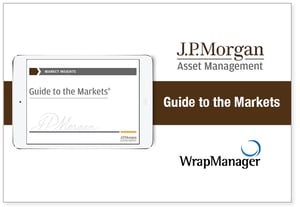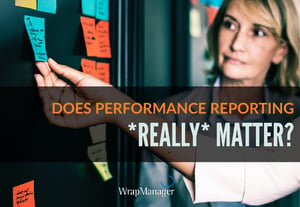Our estate planning hats are on this week, and we have two fundamental but essential questions for readers: (1) Do you have a will? and (2) If you do, have you updated it in the last year?
If the answer to either of those questions is no, we have five reasons it should be yes:
- Don’t Let State Laws Determine Who Gets Your Assets – when a person passes, and it is determined that he/she did not have a written will, then state laws will usually determine how the person’s property will be distributed. Though the state will generally opt to distribute property amongst family and close relatives, the fact that the state is making the decisions is problem enough. You work hard for the assets you accumulate over a lifetime. It should be up to you how those assets are distributed.


















